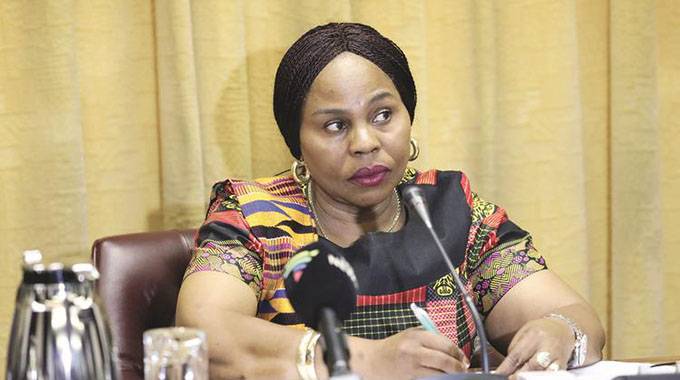Mining lags on female C-suite, board representation
Mining firms lag far behind other sectors on female representation in top leadership, data released on Tuesday showed.
S&P Global Commodity Insights’ figures highlight the industry’s struggle to improve gender equity, with women filling just 12.1% of the highest-ranking executive positions across more than 2,000 publicly-listed miners globally as of April, a rise of only 1.6 percentage points from October 2021.
Women currently hold 14 percent of all mining executive positions and 12.3 percent of board roles, the data showed.
This compares to a female representation of 42.7 percent in senior and leadership roles globally across sectors, according to the World Economic Forum.
“Change takes time, and progress may vary across different industries and regions,” said Barbara Dischinger, director of London-based International Women in Mining.
Dischinger said barriers slowing the pace of expected improvement include implicit biases in selection and promotion processes and a lack of role models, mentoring and sponsorship.
Executive and boardroom diversity has become a focus for many policymakers and investors who say a broader range of experience improves decision-making and corporate culture.
Despite mining CEOs saying gender diversity is a priority and setting ambitious goals, progress remains slow and patchy.
The share of female senior managers at Anglo American was stable at 29 percent in 2022 from a year earlier, versus a goal of 33 percent by 2023, while the proportion of female senior leaders at Rio Tinto was 28.3 percent last year, a 0.9 percentage point rise from 2021, their annual reports show.
“If we do not address challenges relating to Diversity, Equity and Inclusion (DEI), there will be far-reaching implications for the industry’s ability to attract and retain the talent needed,” said Rohitesh Dhawan, CEO of the International Council of Mining and Minerals.
“We have an obligation to eradicate discrimination, harassment, and assault of any kind in our workplaces,” he said.
An independent report commissioned by Rio’s management and published in 2022 found 28.2 percent of women working in the company reported experiencing sexual harassment at work.
Fund manager abrdn said in February it had engaged with some of the largest mining companies it holds shares in after “incidents of unacceptable workplace behaviours”.
“What we want is for mining companies’ rigorous health and safety standards to be expanded to include employees’ psychological well-being and potential risk of harassment,” said Andrew Mason, abrdn head of active ownership.
“Companies need to show they have those measures in place to attract diverse employees.” — Reuters








